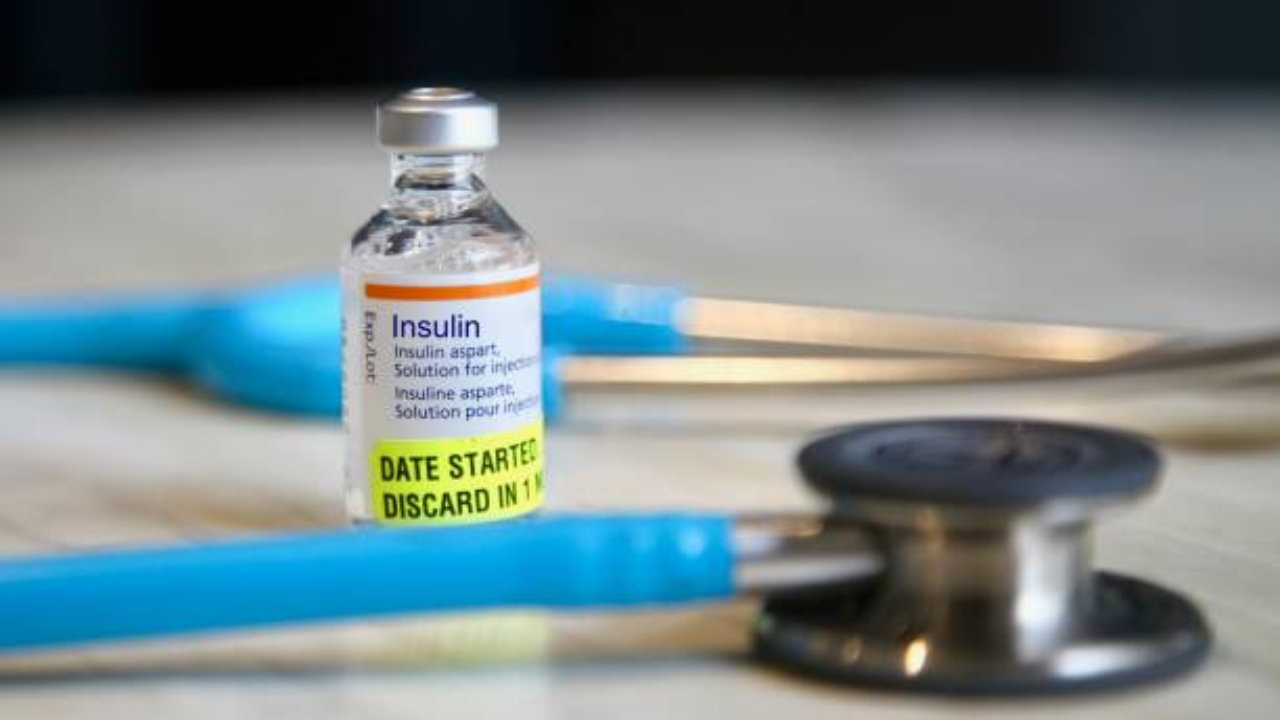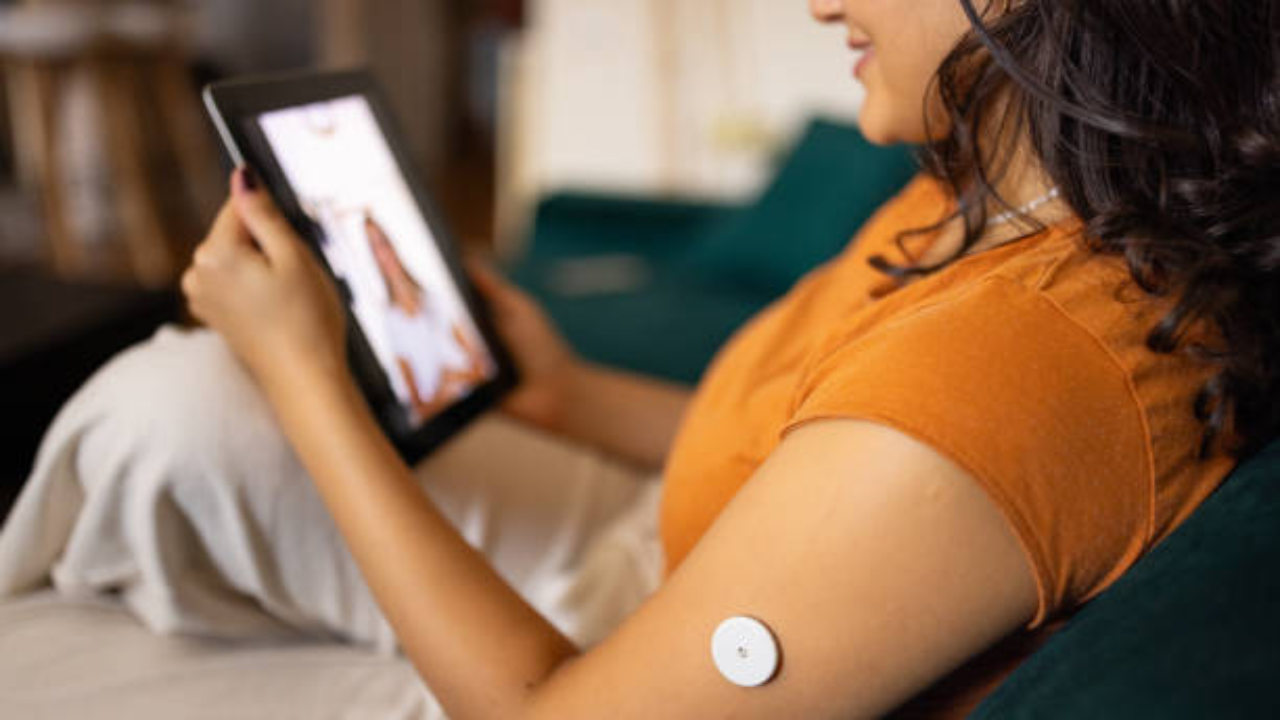T1D Strategies for a Smooth Moving Day

Moving to a new home or even just rearranging a space can be an incredibly demanding day, especially for someone managing diabetes.
Between the endless packing, transporting boxes, and then unpacking everything at the new location, it’s an activity that involves a lot of physical exertion and often disruption to routine. For individuals living with Type 1 diabetes or Type 2 diabetes, this intense physical activity combined with potential changes in meal timing makes it remarkably easy to experience low blood sugars. Without proper preparation, a person might find themselves spending more time managing hypoglycemia and feeling unable to help, rather than being productive with the move. This highlights why having a clear strategy and a supportive care team, like a diabetes dietitian, is so valuable.
A diabetes dietitian understands that real-life events, like moving day, present unique challenges that standard daily routines don't always cover. They know that while it’s exciting to ...
Insulin vs. Heat: A Diabetes Summer Guide

Summer often means good times, sunshine, and being outdoors.
But for someone managing diabetes, whether it's Type 1 diabetes or Type 2 diabetes, the warmer months can introduce a sneaky challenge: keeping blood sugars steady when the temperature rises. Many might diligently measure their food, dose their insulin on time, and even account for fats and proteins, yet still have frustratingly high blood sugars that seem to come out of nowhere. This puzzle often drives individuals nuts, as they've done everything "right" but still have unexpected spikes. The culprit? Often, it's the heat itself affecting insulin.
The Science of "Fried" Insulin
Here’s a critical insight that many people managing diabetes might not be thinking about: how heat impacts insulin. If someone wants their insulin to work at 100%, they absolutely cannot make the mistake of exposing it to extreme temperatures. Insulin, a vital medication for individuals with Type 1 diabetes and some with Type 2 diabetes, is a prote...
Navigating KFC with Diabetes

Craving KFC while managing diabetes? You're not alone.
Many individuals living with Type 1 or Type 2 diabetes often wonder how they can enjoy their favorite fast food without compromising their health goals. A dedicated diabetes dietitian and certified Diabetes Educator—who also lives with Type 1 diabetes—shares that smart choices at KFC are not only possible, but empowering. This approach isn’t about restriction; it’s about making strategic decisions that support blood sugar management while still enjoying the foods you love.
Generalized advice often falls short when it comes to managing conditions like Type 1 and Type 2 diabetes. This is where a specialized diabetes dietitian becomes invaluable. They go beyond basic meal planning, offering tailored guidance on carbohydrate counting, understanding fat and protein's impact on blood sugar, and navigating real-world scenarios like fast-food dining.
A T1D dietitian can help you precisely adjust insulin for meals, considering not just...
Reclaim Your Plate: A T1D's Guide to Food Freedom

Living with diabetes, whether it's Type 1 or Type 2, often comes with a common challenge: the fear of food.
Many individuals, especially those diagnosed in their younger years, can find themselves feeling restricted and excluded from enjoying meals with friends and family. This apprehension often stems from concerns about blood sugar fluctuations and the perceived need to stick to a rigid "diabetes diet." However, as many experienced individuals can attest, and as a dedicated diabetes dietitian emphasizes, this doesn't have to be the case.
Imagine being the "Chicken Caesar salad kid" at every social gathering. For many, this isn't just an anecdote; it’s a lived reality. The thought of venturing beyond a meticulously calculated, "safe" meal can feel terrifying. The pressure to perfectly estimate carbs, fat, and protein, then precisely dose insulin, can be overwhelming. This mental imprisonment, watching others freely enjoy their food while you're left feeling limited, is a common stru...
Staying Strong in Summer Heat: T1D Tips

Summer is here, and with it comes sunshine, outdoor activities, and… sweat!
For anyone managing diabetes, the warmer months can present unique challenges, especially when it comes to keeping essential diabetes gear in place. A Diabetes Educator and someone who lives in the perpetually humid climate of Florida knows a thing or two about battling the heat and humidity to ensure diabetes management stays on track.
The Summer Sweat Struggle is Real: Keeping Your Gear Secure
Let's face it: sweat and adhesive don't mix well. This is a common frustration for many people using insulin pumps and continuous glucose monitors (CGMs). Here are the top two game-changing strategies to keep sites and sensors securely in place, even when active or just enjoying the outdoors:
1. The Power of Adhesion: Prepping Pump Sites
Think of it like this: one wouldn't paint a wall without prepping it first, right? The same goes for insulin pump sites. Before even thinking about sticking on the next site, consi...
Eating Healthy on an International Trip with T1D

When you have diabetes, planning your meals and monitoring your blood sugar becomes second nature, especially when you're on an international trip.
For people living with Type 1 diabetes (T1D) or Type 2 diabetes (T2D), maintaining stable blood sugar levels while traveling can be a challenge, but it’s entirely doable with the right strategies. As a diabetes dietitian and certified diabetes educator, understanding how to balance macronutrients, including protein, carbohydrates, and fats, is key.
Here’s a breakdown of how one diabetes dietitian manages their food choices and blood sugar while traveling internationally. It’s not just about what you eat; it’s about making smart choices that work with your activity level, environment, and preferences.
Importance of Protein in Managing Blood Sugar
One of the most significant takeaways from this journey was the importance of protein. For individuals with T1D or T2D, protein helps keep blood sugar levels stable by preventing the spikes a...
4 Diabetes-Friendly Grocery Picks

Managing Type 1 diabetes or Type 2 diabetes can make grocery shopping feel complicated.
However, it doesn’t have to be overwhelming. A registered diabetes dietitian and certified diabetes educator recently shared four practical and affordable grocery items from Safeway that are excellent choices for people living with diabetes. These items help maintain balanced blood sugar levels and provide key nutrients without complicated meal prep.
Whether someone is working with a type 1 diabetes dietitian, a type 2 diabetes dietitian, or a general diabetes educator, these foods are reliable staples that fit well into a diabetes-friendly lifestyle.
1. Walnuts: A Heart-Healthy, Low-Carb Snack
Nutritionally, walnuts provide:
- Almost no carbohydrates
- About 5 grams of protein per serving
- Healthy fats that ...
What a T1D Dietitian Says About Sunburns

As the weather warms up and more time is spent outdoors, many people with diabetes may overlook one small but powerful factor that can impact their blood sugar: sunburns.
Yes, sunburns—those painful, red reminders of forgotten sunscreen—can throw off your blood sugar control in ways you might not expect.
A registered diabetes dietitian, certified Diabetes Educator, and someone who has lived with Type 1 diabetes for over 25 years, knows this situation firsthand. And he has one message: don’t underestimate how your skin’s reaction to the sun can impact your diabetes management.
Sunburns and Blood Sugar: What's the Connection?
For people living with Type 1 diabetes (T1D) and Type 2 diabetes (T2D) alike, it’s essential to understand how stress affects blood sugar. And yes, sunburn is considered a type of physical stress on the body.
When the sun damages skin, the body kicks into repair mode. That triggers the release of stress hormones like cortisol. Unfortunately, cortisol can cau...
Day One CGM Accuracy Tips from a T1D Dietitian

Continuous glucose monitors (CGMs) have changed the game for people living with diabetes
But anyone who has worn one knows that the first 24 to 48 hours of a new CGM session can be frustratingly inaccurate. For those relying on these devices, especially anyone using an insulin pump with an algorithm, those early readings can create serious challenges.
A registered diabetes dietitian, certified diabetes educator, and strength coach, has lived with Type 1 diabetes for over 25 years. Through personal experience and his work helping others manage blood sugar, he’s seen just how off those Day 1 CGM readings can be. He’s had readings that were off by as much as 80 to 100 points during the first day of wear.
That kind of inaccuracy isn’t just annoying—it can be dangerous, especially when insulin dosing depends on real-time data. Fortunately, there’s a simple strategy that can help your CGM start off with better accuracy: soak the sensor before activating it.
What Is the CGM “Soak” Meth...
Diabetes Dietitian’s Top 4 Costco Foods

For individuals living with Type 1 diabetes or Type 2 diabetes, choosing the right foods can be a daily challenge
That’s why a trusted diabetes dietitian and certified diabetes educator has shared four favorite Costco finds that are easy to use, friendly to blood sugar levels, and dietitian-approved.
Whether someone is working with a T1D dietitian, a T2D dietitian, or simply seeking practical, reliable advice from a diabetes educator, these selections offer smart, convenient choices that support health goals without sacrificing flavor or ease of use.
1. Safe Catch Tuna
When it comes to high-protein, low-carb foods, Safe Catch Tuna is a standout. With 43 grams of protein per can, zero carbs, and nearly no fat, this option has minimal blood sugar impact, making it ideal for those managing either Type 1 or Type 2 diabetes.
What makes this brand unique is its commitment to safety—it’s the only tuna company that tests every fish for mercury. That’s crucial, as people living with dia...

